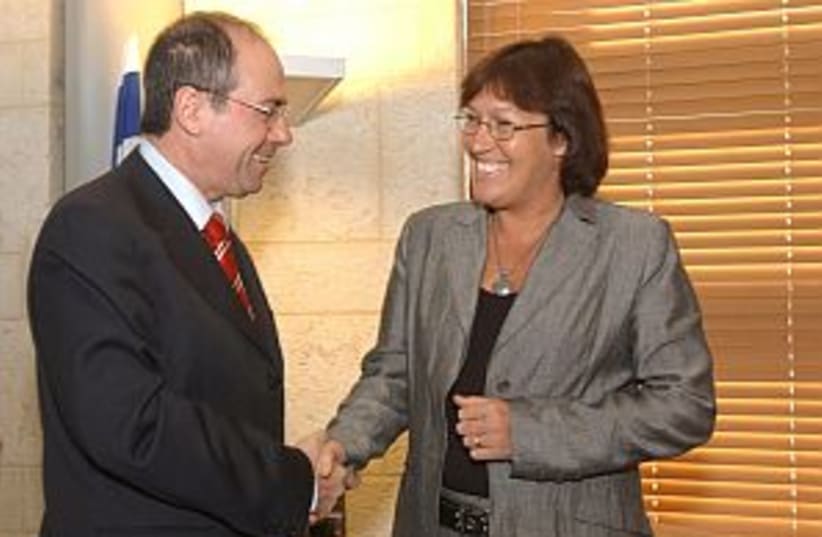| More about: | Wellington, Israel, New Zealand, Helen Clark |
Israel to re-open embassy in Wellington
Following New Zealand passport affair, relations between the countries are back on track.


| More about: | Wellington, Israel, New Zealand, Helen Clark |